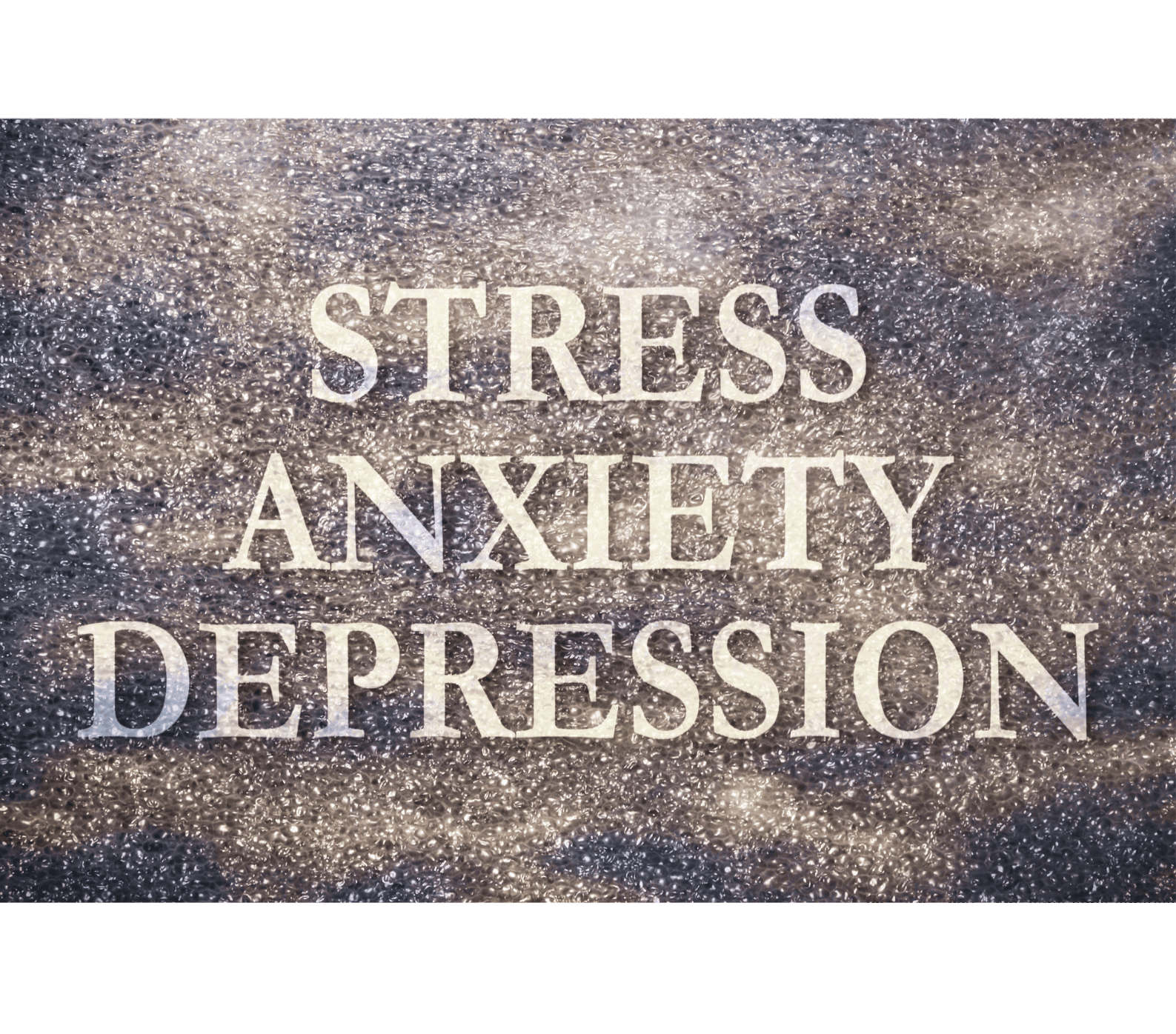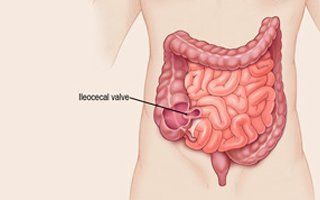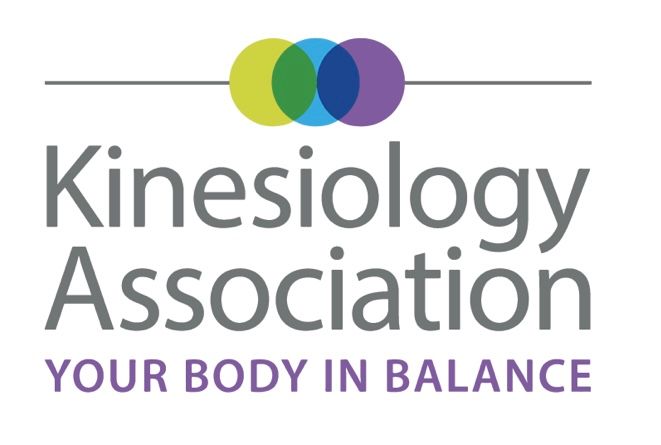
Emotional Stress Release
We cannot change previous experiences, whether good or bad. We can, however, be free of any negative emotions and behaviours that may have prevented us from moving on with our lives.
Systematic Kinesiology is known to release residual stress or emotions related to past events or traumas. It could be an embarrassing moment, such as a past situation or event that left you feeling angry, frustrated, sad, guilty, nervous or overwhelmed. It could even be an accident or natural disaster. It could be aforthcoming event such an exam, a presentation at school or work, an important phone call or email, a potential confrontation, in fact anything that is making you nervous or feeling overwhelmed.
In an Emotional Stress Release session, the therapist will identify the source of stress or the particular issue, whilst testing the muscle relating to the organs which indicate our emotional thoughts of a distressing nature, strengthening the particular muscle by massaging lymphatic points, holding and stimulating neuro-vascular points, strengthening muscles by tracing meridians. These gentle manipulation techniques can be used to treat just about any complaint, but are particularly useful for treating symptoms such as: feeling sad or low, excessive fears, worries and anxieties, confused thinking, difficulty concentrating, decisions making or recollection, significant tiredness or depleted energy, problems sleeping, increased hunger or lack of appetite, avoiding social activities, inability to carry out daily activities or handle day-to-day problems.

The Endorcine System - The Very Core Of Our Health
Interestingly the system that is the most important to our state of health and well being is the one that is generally ignored, misunderstood and put to the bottom of the pile. Our endorcine sytem is a nutshell is a network of ductless glands that secrete hormones directly into the blood stream. These glands tell our bodies what to do and when to do it. How efficiently they work for us depends on whether they themselves have the tools for the job or not. So what are these stressors?
No 1. Emotions - In Kinesiology we have been talking about psycho-neuroimmunology for years. It is now scientifically proven that what we think has an instant effect on our immune system, in turn stresses our glandular system. Negative thoughts and feelings such as fear, anger, sadness, grief and not feeling understood or validated, lower immune efficiency. Whilst positive feelings like love, respect, forgiveness, confidence, joy and harmony, boost immune efficiency.
No 2. Nutritional - The air we breathe, the water we drink, the food we eat, the drugs/supplements we take either enhance or reduce endocrine function
No 3. Structural - This encompasses our musculature and skeletal system. The exercise we do or not do, the quality or position we sleep in, the accident or injury we may experience or any physical interaction, whether positive or negative, influences our structural well-being.
No 4. Energy - We can think of energy in many ways: Meridian enery flow, good or bad sleep, mobile phones and microwave energy, where we live or work. Essentially enerygy, whether good or bad is all around us.
Everyone will experience natural periods of hormonal imbalance or fluctuations at particular points in their lives. Hormonal imbalances, although far reaching in thier origin, may stem from an irregularity in normal function of the endocrine system.
Symptoms
The symptoms of hormonal imbalance can vary according to the particular gland(s) affected. Age and gender also being of influence.
Symptoms in females:
- mood swings
- irregular menstural cycle
- infertility
- constipation or diarrhea
- pain in the abdomen or the back during menstruation
- low sex drive
- insomia
- unexplained weight gain or weight loss
- brittle bones
- hirsutism, or excessive hair growth
- rashes on the skin
Symptoms in males:
Result of low testosterone levels:
- decrease in sex dive
- erectile dysfunction (ED)
- loss of muscles mass
- thinning hair and reduced hair growth
- tenderness in the area of the chest
Symptoms in general:
- Ongoing Fatigue
- Mood swings and Depression
- Stress
- Stomach Issues
- Chronic Acne
- Dry Skin
- Memory Fog
- Night Sweats
- Difficulty sleeping
- Hair loss and thinning hair
- Headaches
- Vaginal dryness
- Breast tenderness
- Changes in blood pressure
- Thirst
I highly recommend an Hormonal Balance Session once per month for men and women.
The more balanced your hormone levels become, the higher your function physically, mentally and emotionally.
Balanced hormones keep your body running smoothly. They help fight harmful bacteria and viruses and promote an overall clean function, which includes feeling good and a more youthful appearance!

The Ileocecal Valve (ICV) Syndrome
A malfunctioning Ileocecal Valve is an extreamly common condition. It can give rise to an almost unbelieveable list of distressing symptoms. It is frequently the cause of the "I just don't feel well" syndrome, as well as many types of pain and other specific symptomatic patterns.
The Ileocecal Valve controls the flow of digested food when it is time for it to leave the Small Intestine, and go into the Large Intestine before exiting the lower gut.
Abnormal function can give rise to the following observations:
- Abdominal pain, "grumbling appendix", groin pain
- Allergies aggravated by a weakening of the immune system
- "Arthritic" type aches and pains
- Bad breath
- Bloating
- Blurred vision
- Body odour
- Bowel gas - distension of the belly
- Burping habitually
- Candida albicans persistant problems.
- Carpal tunnel syndrome
- Catarrh
- Chest pains
- Chronic Fatigue Syndrome
- Cold symptoms, (or when the body is attempting to clear toxins)
- Colitis, inflamation of the colon
- Constipation, and diarrhoea, alternating
- Dehydration
- Depression
- Dark circles under the eyes, (also a sign of kidney stress)
- Dizziness
- Digestive disoders
- Diverticulitis, ("sludging up" of the bowel causing pockets)
- Elbow Pain, pseudo-tennis, and pseudo-golfer's elbow
- "Flu" symptoms
- Fatigue and general lethargy
- Fluid Retention
- Frozen shoulder
- Biliousness
- Headaches
- Hip pain, particularly on the right side
- Hyperadrenia (relative) when closed/open
- Hypochlorhydria
- Idigestion
- "Irritable Bowel Syndrom"
- Knee pains, small joint pain
- Lethargy
- Failure to recover from illness eg Covid 19
- Migraines
- Nausea
- Nervous debility
- Oedema
- Pallor (Grey/White complexion)
- Palpitations or feeling of "heart flutter"
- Shoulder pain, shoulder joint pain, particularly on the right side
- Skin problems, exacerbates eczema or psoriasis
- Acne
- Stiff neck, from toxins in weak upper trapezius

Allergy or Sensitivity
Food and beverage affects us all in different ways and people react to food in their own unique way, One type of food can cause many varied symptoms. There is no diet that suits all.
'Sensitivity and Allergy Testing' alleviates the risk of dietry options that are detrimental to your health.
